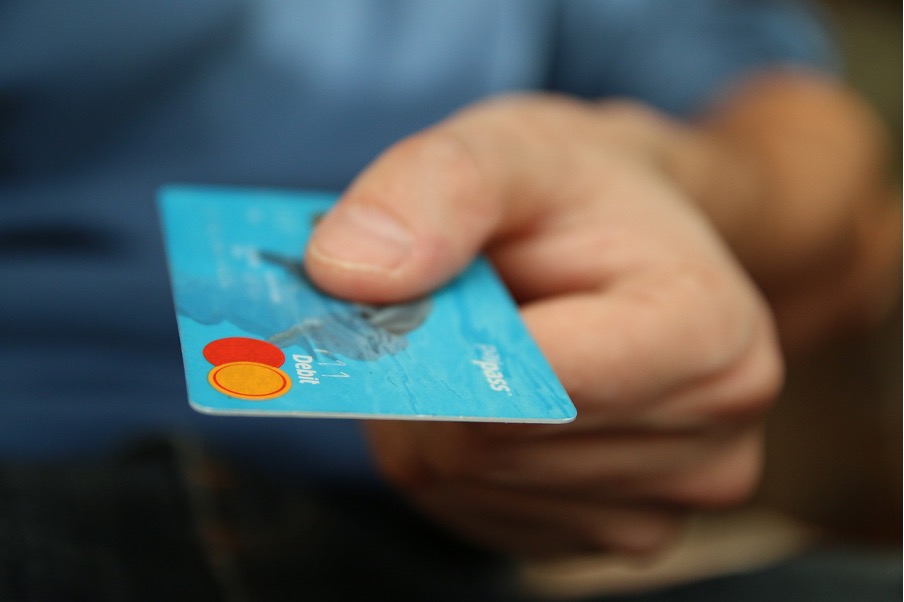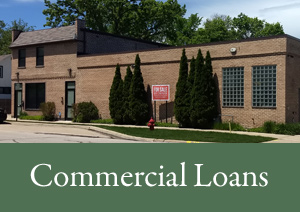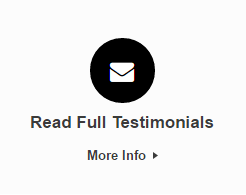Post
5 Ways to Consolidate Credit Card Debt

If you’re like most Americans, you have credit card debt. According to a recent study, the average U.S. household owes more than $9,000 in credit card debt. If your credit card debt is starting to feel unmanageable, it’s time to consider consolidation as an option. Consolidating your debt can help you save interest money and eliminate your high-interest credit cards. There are many ways to consolidate your debt, so it’s important to choose the option that is best for you.
What Is Credit Card Consolidation?
Credit card consolidation is the process of combining multiple credit card debts into a single monthly payment. This can be done by transferring the balances of high-interest cards to a lower-interest card, taking out a personal loan, or enrolling in a debt management program.
There are several benefits to consolidating credit card debt. First, it can help you save money on interest payments. Second, it can simplify your monthly budget by reducing the number of bills you have to pay. Finally, it can help you improve your credit score by consolidating your debt into a single account.
However, there are also some risks to consolidating credit card debt. First, you may be subject to a balance transfer fee if you transfer your balances to a lower-interest card. Second, if you take out a personal loan to consolidate your debt, you will have to make monthly payments on the loan. If you miss a payment, you could damage your credit score. Finally, if you enroll in a debt management program, you will be required to make monthly payments to the program. Again, if you miss a payment, credit card companies may close your accounts.
While that may seem like a lot, there are ways to consolidate and pay off your debt so you can get back on track financially. Here are five ways to do it:
Transfer Your Balance to a Low-Interest Credit Card
If you have high-interest credit card debt, one of the best ways to pay it off quickly is to transfer your balance to a new credit card with a lower interest rate. This will help you save on interest and pay off your debt faster.
You’ll need to find a credit card with a lower interest rate than your current card. You can do this by shopping around for a new card or calling your current credit card issuer and asking for a lower rate. Once you’ve found a card with a lower interest rate, you’ll need to transfer your balance to the new card.
You can do this by making a balance transfer. This is where you transfer the balance from your high-interest credit card to your new, low-interest credit card. To do this, you’ll need to provide the new card issuer with your old card number and the amount you want to transfer.
Once the balance transfer is complete, you’ll only have to pay interest on the new, lower rate. This will help you save money and pay off your debt faster.
Just be sure to watch out for balance transfer fees. These are typically a percentage of the amount you’re transferring, so they can add up quickly. So make sure you’re aware of any balance transfer fees before you make the transfer.
Get a Personal Loan
If you’re struggling to pay off high-interest credit card debt, a personal loan can be a good way to consolidate and pay off your debt. In addition, personal loans typically have lower interest rates than credit cards, so you’ll save money on interest and be able to pay off your debt faster.
To get a personal loan, you’ll need to apply for one from a bank, credit union, or online lender. You’ll typically need to provide information about your financial situation, including your income, debts, and credit score. Once approved for the loan, you’ll get the money in a lump sum and then have to make monthly payments to repay the loan.
One thing to watch out for with personal loans is origination fees. These are fees charged by the lender for processing your loan. They can add up quickly, so ask about them before applying for a loan.
Use a Home Equity Loan
If you own a home, you may be able to get a home equity loan to consolidate and pay off your debt. Home equity loans typically have lower interest rates than credit cards, so you’ll save money on interest and be able to pay off your debt faster.
To get a home equity loan, you’ll need to apply for one from a bank or credit union. First, you’ll need to provide information about your financial situation and home equity.
One thing to watch out for with home equity loans is closing costs. These are fees charged by the lender for processing your loan. They can add up quickly, so ask about them before applying for a loan.
Another thing to remember is your home secures that home equity loan. So if you default on the loan, the lender could foreclose on your home. So you’ll need to be willing to take this risk if you’re considering a home equity loan.
401(k) Withdrawals
When you retire, you will likely have several sources of income. Your 401(k) account will be one of them. You can withdraw money from your 401(k) as early as age 59 1/2 without paying a 10% early withdrawal penalty. However, you will still have to pay ordinary income taxes on the withdrawal.
You can withdraw your money all at once, or you can take periodic withdrawals. If you take periodic withdrawals, you will pay taxes on each withdrawal, but you will not have to pay the 10% early withdrawal penalty.
The amount of money you can withdraw from your 401(k) will depend on several factors, including your age, the balance of your account, and the withdrawal options your plan offers.
Before you do so, consider the tax implications of withdrawing money from your 401(k). Withdrawing money from your 401(k) may push you into a higher tax bracket and increase the amount of taxes you have to pay.
Set Up a Debt Management Plan
A debt management plan (DMP) is a great way to get control of your debt. It can help you pay off your debts more manageable and affordable manner.
With a DMP, you make one monthly payment to the credit counseling agency, which then uses the money to pay your creditors. The benefit of a DMP is that it can lower the interest rates on your debts and help you get out of debt faster.
To set up a DMP, you’ll need to contact a credit counseling agency. The agency will work with you to create a budget and develop a payment plan that works for you. Once enrolled in the DMP, you’ll make monthly payments to the agency, using the money to pay your creditors.
One thing to keep in mind is that a DMP may negatively impact your credit score. This is because the DMP will appear on your credit report as a debt settlement. However, the impact on your credit score should improve over time as you progress in paying off your debt.
If you’re struggling to get control of your debts, a DMP may be a good option. Be sure to contact a reputable credit counseling agency to set up your DMP.
Conclusion
There are a few options to consolidate and pay off your debt. A home equity loan, 401(k) withdrawal, or debt management plan can all help you get out of debt. Be sure to consider each option’s pros and cons before deciding which one is right for you.
November 3rd, 2022 by Herb Levin
No comments yet




